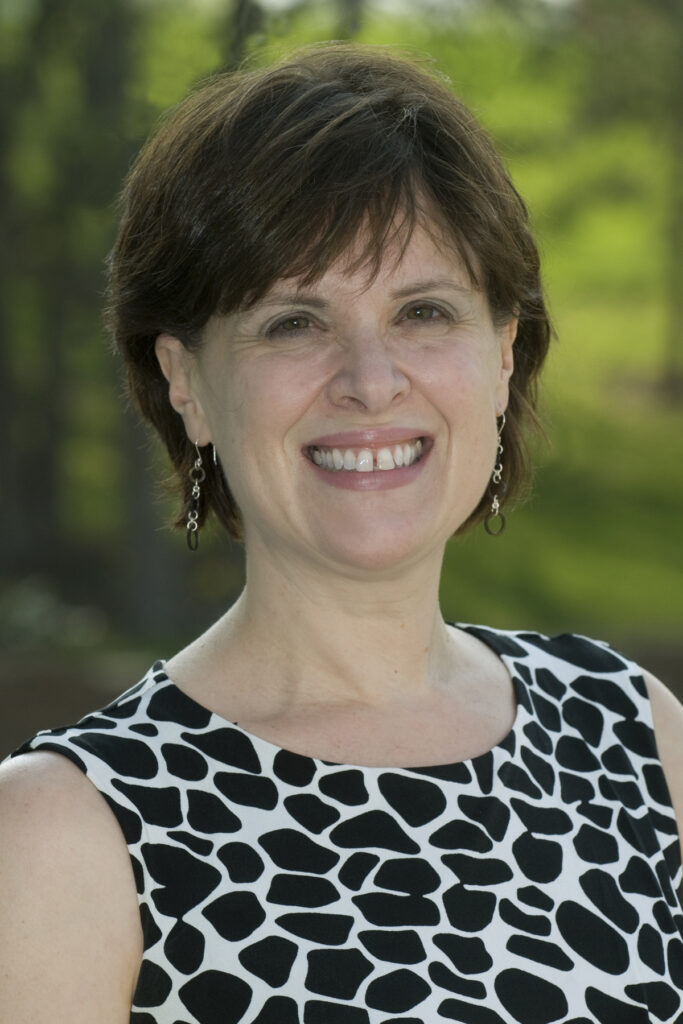UW-Whitewater
Professor of Psychology
Wisconsin Teaching Scholar, 2014-15
I entered the WTFS program at a time of professional transition. As a tenured professor who had been a department chair for many years, I was looking for a new challenge as I returned to a full-time faculty role. Teaching was what initially drew me to an academic career and teaching was what I’d hoped would renew my academic energy. I applied to WTFS with the hope that it would take my teaching to a new level. And it totally did. I credit the people, as much or more than the program assignments and events. I’d always enjoyed conversations about teaching and the interactions at WTFS events exceeded my expectations. I explored new ideas and research, re-thought some of my assumptions, and truly entered a community of practice.
I’d been somewhat familiar with SoTL research prior to WTFS, but I hadn’t seen myself as a SoTL researcher. Then, and now, I’d read the research, experiment with new strategies in my classrooms, and share that research and experience with others on my campus. My students have gotten used to hearing me say “I read about this activity, let’s give it a try and see what you think.” While I can’t say that things always worked as well as I’d hoped, it’s always led to learning for me and my students. I’ve received positive feedback from students on the opportunity to try new things and my willingness to partner with them as we played. Most of my experimentation was informal. I’d try what I learned from the research and talk with them about what we learned. Whenever possible I’d track activities to other class outcomes to get a sense of the impact of new strategies. It definitely was a “close the loop” process, but not always a formal research process.
My time with WTFS instilled the value of collaborative projects, which led me to collaborate with others on my campus on a project to evaluate faculty and staff perceptions of mentorship of students. Through that project and other experiences, I’ve solidified my respect for SoTL research and my recognition that my role is more one of teacher and “sharer” of the research than as a SoTL researcher. For example, my experience with WTFS definitely influenced my work as director of my campus Teaching & Learning Center. During my time as director, and beyond, I’ve mentored instructors and conducted multiple workshops to share evidence-based teaching practices. As I move toward retirement in the next year, I will miss that teaching-focused engagement with colleagues just as much as I’ll miss engaging with students.
Biography:
Barbara Rybski Beaver, PhD, is a Professor of Psychology at UW-Whitewater. Dr. Beaver was trained as a clinical psychologist with expertise in child and family therapy. She received her PhD from Northern Illinois University and completed her pre-doctoral internship at Illinois Masonic Medical Center (now Advocate Illinois Masonic Medical Center) in Chicago. She has taught at UW-Whitewater for over 30 years and was department chair for nine of those years. Additionally, she was director of the LEARN Center at UWW from 2014-2019. Throughout her academic career she has conducted research on coping and emotion, and mindfulness, including ways in which mindfulness practices may be utilized in the classroom She teaches undergraduate courses in psychopathology, positive psychology, interview and psychotherapy techniques, and family therapy. In the UWW School Psychology graduate program, she teaches courses in psychopathology, counseling skills, and CBT.
Recent Teaching-Focused Presentations & Publications:
Law, K., Guthrie, D., Beaver, B., Johnson, S., Parys, J., & Toms, O. (2019). Faculty and staff perceptions of undergraduate mentoring. Mentoring & Tutoring: Partnership in Learning, 27, 399-415.
Law, K., Guthrie, D., Beaver, B., Johnson, S., Parys, J., & Toms, O. (2018, February). Exploring mentoring: Faculty and staff perceptions. Presented at the Lilly Conference in Anaheim, CA.
Beaver, B.R. (2017, May). Motivational interviewing in advising: A collaborative conversation style for strengthening a student’s own motivation and commitment to change. Invited presentation at the WACADA Conference, Whitewater, WI.
Beaver, B.R., (2016, January). Mindfulness and SoTL. Invited presentation at the UW System Wisconsin Teaching Fellows & Scholars Winter Meeting, Madison, WI.
Beaver, B.R., (2015, April). Mindfulness and empathy: Does mindfulness practice enhance psychology students’ empathy levels and interviewing skills? Poster presented at the UW System OPID Spring Conference, Green Lake, WI.
